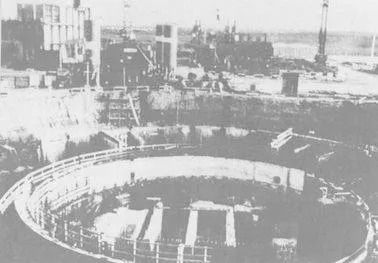These documents, obtained by Giordana Pulcini and Or Rabinowitz, represent an inside look into the Reagan Administrations reaction and response to Operation Opera - the Israeli air raid that destroyed the Iraq nuclear facility near Baghdad. The documents primarily derive from the Ronald Reagan Library, but the Israeli State Archives, Indian National Archives, and Italian Central Archives are also represented.






